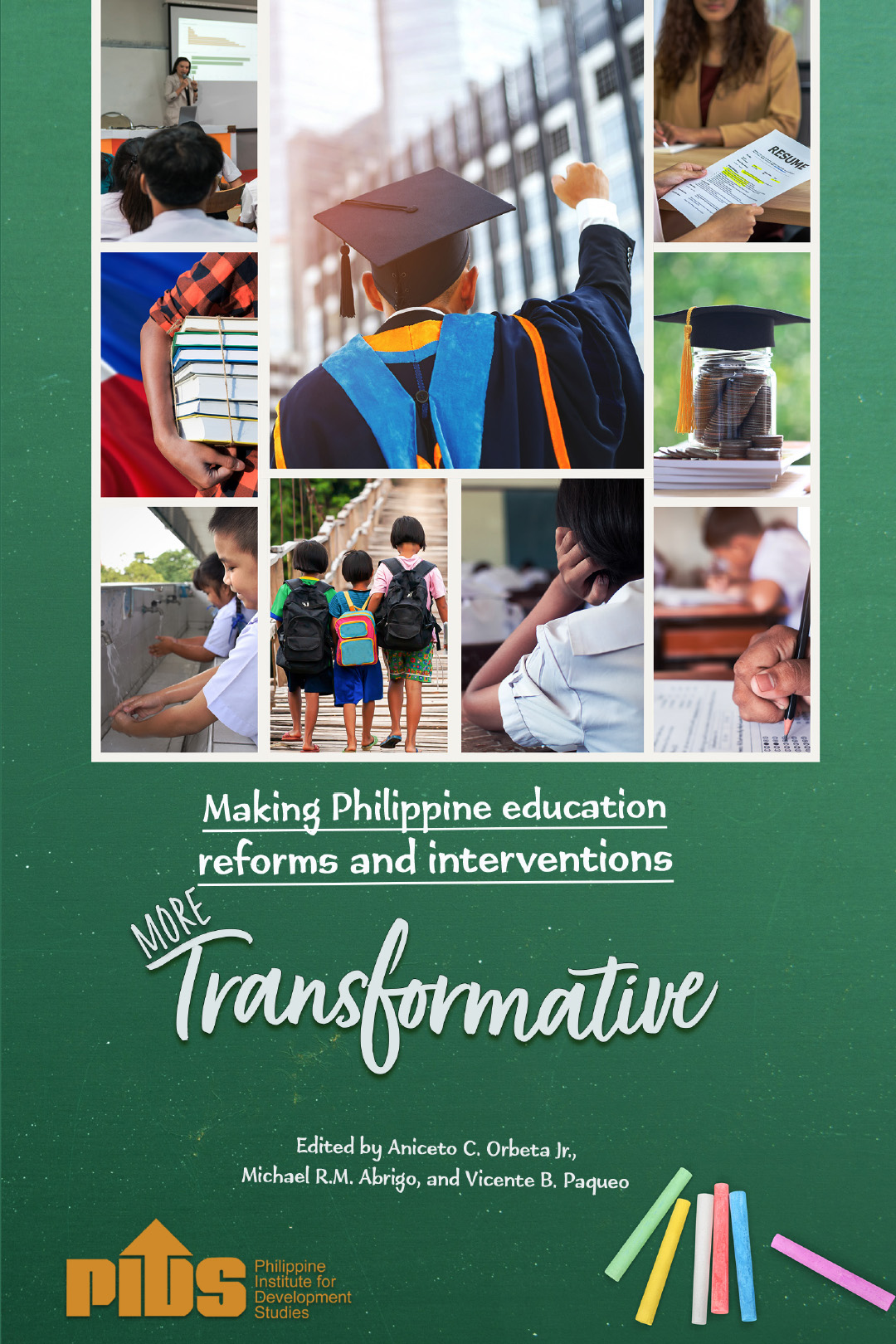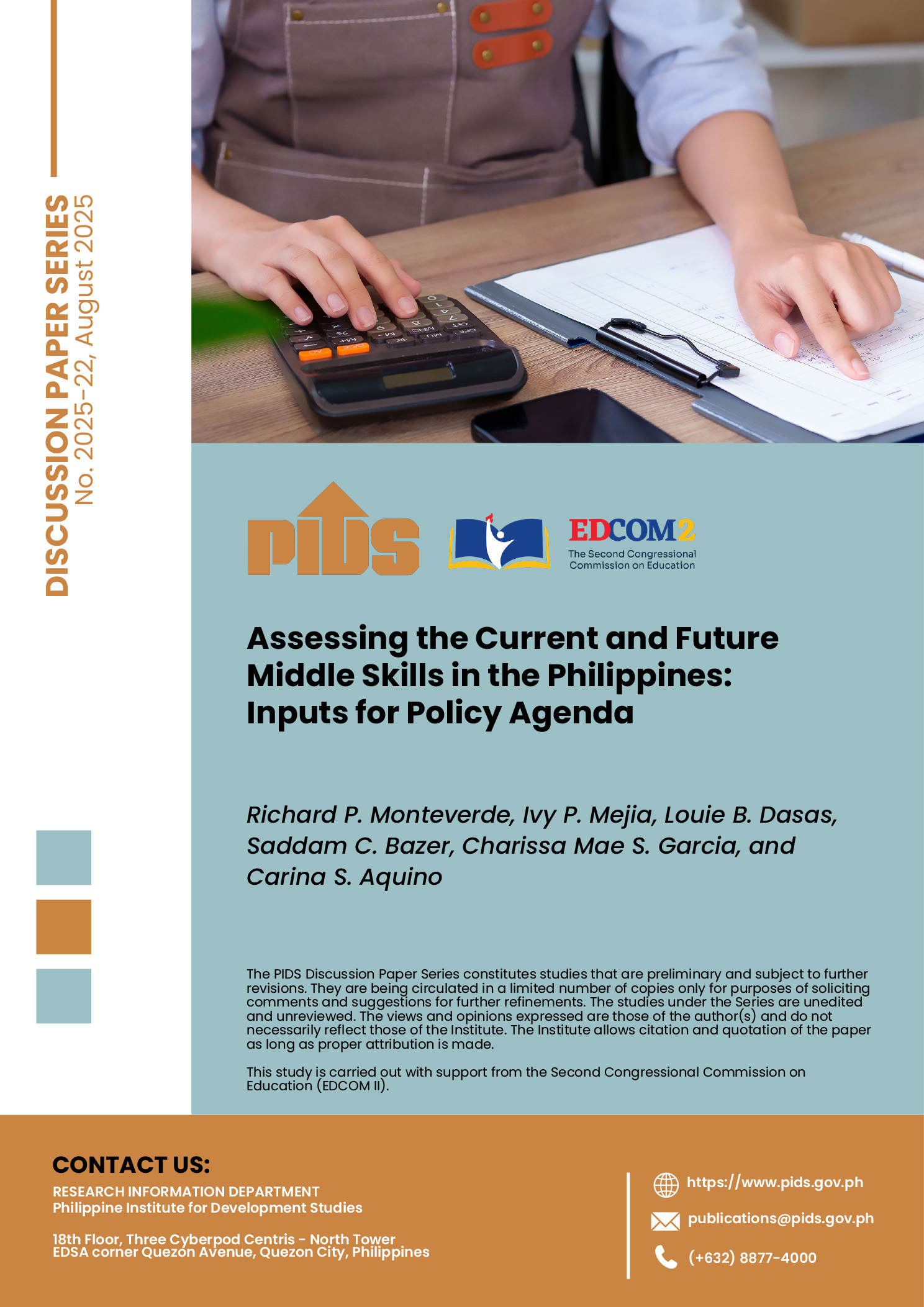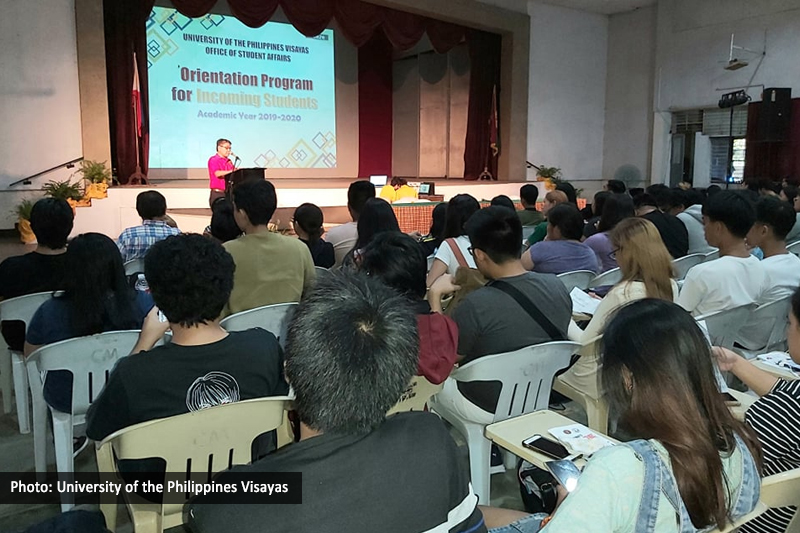THE LIMITS on foreign participation in the contracting industry have no legal basis, according to state think tank Philippine Institute for Development Studies (PIDS).
The imposition of foreign ownership limitations for contractors failed to follow established legal practice, PIDS said in a policy note authored by Lai-Lynn A.B. Barcenas.
She was referring to the implementing rules and regulations (IRR) of Republic Act 4566, or the Contractors’ License Law, as well as Board Resolution No. 605 issued by the Philippine Contractors Accreditation Board (PCAB) in 2011.
The IRR imposes a cap on foreign ownership of 30% while the resolution prescribes 40%. PIDS said these limits are “hampering the entry of potentially efficient players in the Philippine market.”
Ms. Barcenas described that the provision limiting the issuance of regular contractor licenses for foreign participation as “unjustifiable” and “problematic,” as it was not mandated in the original law.
“There is no statutory basis for any regulatory issuance to limit foreign ownership in these businesses, pursuant to the rule on subordinate legislation,” she said.
“Clearly, the IRR of RA 4566 and the PCAB Board Resolution No. 605-2011 were issued beyond the authority granted by law and the Constitution to PCAB. This amounts to administrative legislation, which is unconstitutional and invalid,” she added.
Had these administrative issuances not been issued, the contractors’ industry would only be subject to the general provisions of the Foreign Investments Act which allows full foreign ownership in the contracting industry.
“As long as the 60-40 ownership requirement remains in the regulations despite the absence of justification under existing laws, it creates an environment of unpredictability in the interpretation of Philippine laws,” PIDS said.
Ms. Barcenas urged government to revisit the administrative measures as it is currently reviewing the upcoming 11th Regular Foreign Investment Negative List (FINL).
The National Economic and Development Authority said earlier that the negative list would be liberalized “as aggressively as possible,” but would not solely depend on administrative reforms, with legal amendments being contemplated.
The 11th FINL is currently under legal review under the Office of the Executive Secretary before it is endorsed to President Rodrigo R. Duterte for final signature.
Mr. Duterte has ordered government agencies to “exert utmost efforts” in easing or lifting foreign restrictions on various industries in a bid to increase incoming investment, after the 10th FINL was left generally unchanged from the previous one.
Sectors included in Mr. Duterte’s order include: private recruitment, whether for local or foreign employment; the practice of particular professions, where allowing foreign participation will redound to the public benefit; contracts for the construction and repair of domestically funded public works; public services, except activities and systems that are recognized as public utilities such as transmission and distribution of electricity, water pipeline distribution systems, and sewerage pipeline systems; culture, production, milling, processing, and trading except retailing, of rice and corn and acquiring by barter, purchase, or otherwise, rice and corn and the by-products thereof; teaching at higher education levels; retail trade enterprises; and domestic market enterprises.












